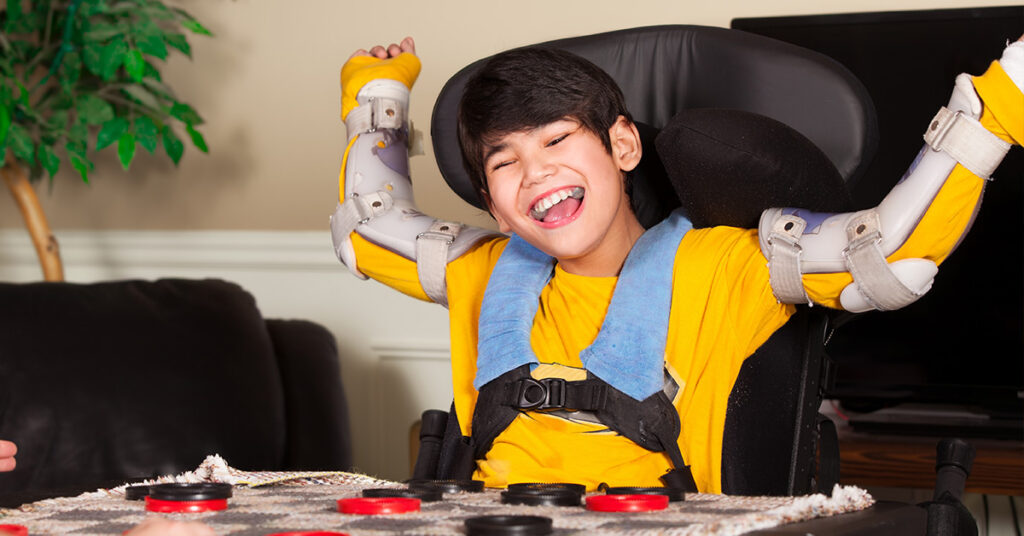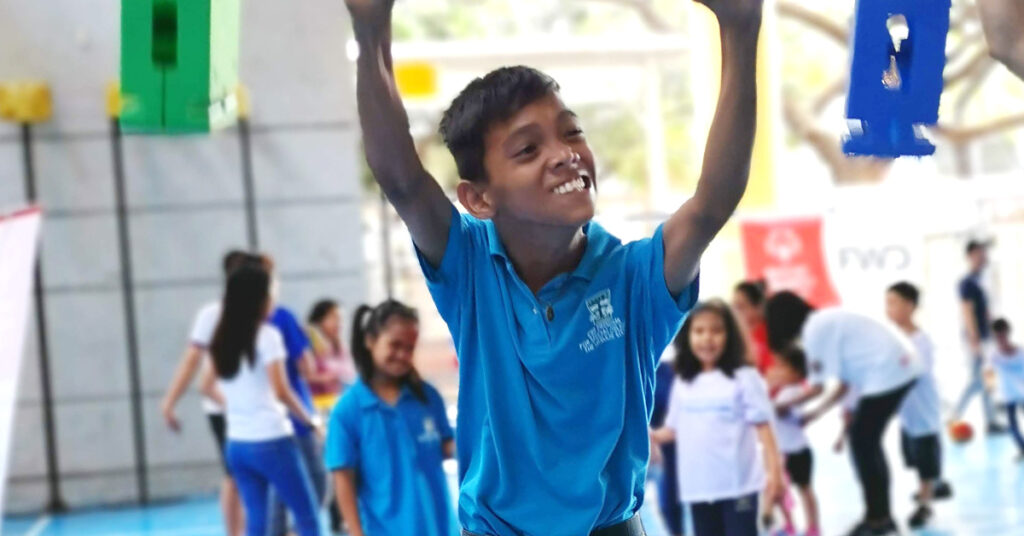Cerebral palsy and intellectual disability may often be linked, but they are not mutually exclusive. This article explores the relationship between the two for more compassionate support.
Cerebral palsy is one of the most common disabilities, with approximately 17 million people around the world diagnosed with it. According to the Center for Disease Control and Prevention in the United States, cerebral palsy affects people’s ability to move and maintain balance and posture, causing difficulty in motor functions and speech.
Because of these effects, cerebral palsy is typically associated with intellectual disability. What exactly is the relationship between cerebral palsy and intellectual disability, and how should we support persons diagnosed with both? In this article, we discuss these and more.
What is Cerebral Palsy?

The term cerebral means something that has to do with the brain, while palsy refers to weakness or problems in using one’s muscles. Cerebral palsy is usually caused by damage to the developing brain that affects one’s ability to control muscles.
Although their condition is permanent, the limited mobility of people with cerebral palsy has not stopped them from living normally. Cerebral palsy is non-progressive, which means their mobility doesn’t worsen over time.
Some people with mild cerebral palsy will have minor issues with movement, but will likely not need equipment. On the other hand, cases of severe cerebral palsy will have more serious motor issues, such as the person not being able to walk at all.
Fortunately, these exact symptoms can change over one’s lifetime. There is a chance that a person with cerebral palsy might experience some improvement in their motor abilities through the years.
Are Cerebral Palsy and Intellectual Disability Related?

As it is, cerebral palsy in itself is not considered an intellectual disability. Specifically, it is classified as a motor disability.
Cerebral palsy itself does not affect one’s intelligence. However, 30 to 50 percent of children with cerebral palsy have cognitive impairment caused by a coexisting condition.
The root of this impairment is not always clear. At the same time, there is no one particular intellectual disability that a person with cerebral palsy is more likely to have.
The general trend is that the greater the level of a person’s physical impairment, the more likely they will have an intellectual disability. However, there are people with severe cerebral palsy who do not have an intellectual and developmental disability. On the other hand, there are mild cases wherein they have intellectual disabilities. Safe to say, there is no certainty when it comes to cerebral palsy.
Signs of Cerebral Palsy and Intellectual Disability Comorbidity

You can only tell if a person with cerebral palsy has an intellectual disability if that child does not meet common developmental milestones. These include rolling over or sitting up over time, focusing, and staying alert.
It takes time and some observation to determine if a person with cerebral palsy may also have an intellectual disability. If you notice that your child with cerebral palsy has been experiencing delays in hitting developmental milestones, it is encouraged that you inform your primary care physician or family doctor as soon as possible.
Detecting the possibility of an intellectual disability early on can help you navigate through their growth better. You will also be able to give your child with cerebral palsy the best care and support with some professional assistance.
Champion Persons with Disabilities with Special Olympics

People with both cerebral palsy and intellectual disability may find it difficult to overcome developmental challenges. However, with the right amount of support and encouragement, these people can thrive and succeed in living life to the fullest.
Organizations like Special Olympics Pilipinas empower people with intellectual and developmental disabilities, as well as other coinciding disabilities, through sports and physical activities, among other programs and global campaigns. We are part of a global movement of people creating a new world of inclusion and community, where every single person is accepted and welcomed, regardless of physical or intellectual ability.
Learn more about our work and how you can be involved.

